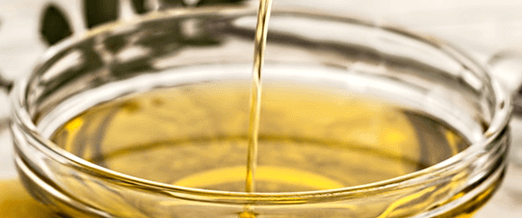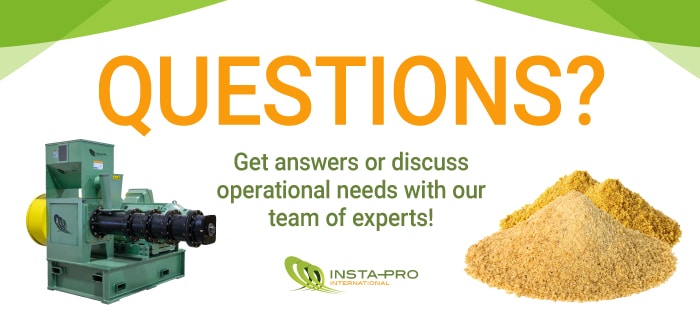Responses to Concerns on Edible Oil Safety

I occasionally run across articles questioning the safety of consuming vegetable oils. Authority Nutrition, which is a great website containing informative articles, recently ran one such article. The truth is, every living organism on Earth has some sort of defense mechanism; which for plants is often a toxin or antinutrient. The plant wants to survive just like you do.
Another popular topic you read about “Is canola oil toxic or bad for you? The facts” at Eating Well. The author does a good job discussing how traditional plant breeding has been used to reduce the erucic acid content of modern canola plants. Erucic acid is toxic when consumed at high enough levels and the FDA does not allow more than 2% in canola.
Even though this toxin reduction in canola was accomplished without GMO techniques, modern canola is genetically modified to resist pesticides. However, as the author rightly concludes, you have the option to purchase organic and/or certified NON-GMO.
The author then moves into hexane extraction of oil from canola, and notes that “Canola – like many oils – is extracted using hexane, which is dangerous (it’s flammable).” This poses different concerns – manufacturing with hexane and consuming oil containing hexane.
Most edible oils are isolated using solvents, primarily hexane, because it is a very efficient chemical extraction process that separates oil from everything else, including molecules that impart flavor, and vitamins.
If residual hexane in the isolated oil is concerning, then it’s important I point out (which the author failed to do) that oil can also be extracted using physical means, such as high-shear extrusion followed by mechanical oil pressing. This is a chemical-free, low-waste, extraction process that produces oil that is typically sold as “expeller pressed”.
In conclusion, concerns about the safety of edible oils surface from time to time. Saying that a plant food is “toxic” is very misleading, as all plants have built-in survival mechanisms which often include toxins. When toxins are a concern, high-shear, dry extrusion can be used to reduce toxin levels. Also, if GMO’s or solvents for oil extraction are concerning, NON-GMO crops and alternative processing methods (mechanical oil pressing, or expelling) exist.



